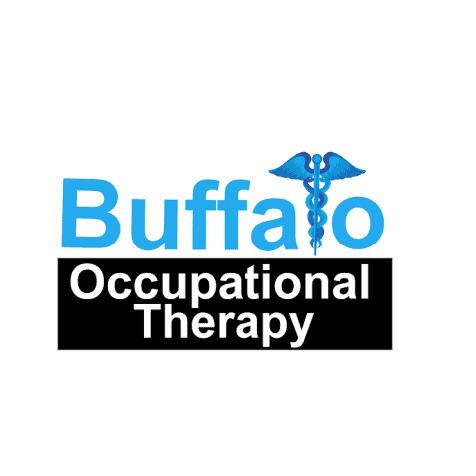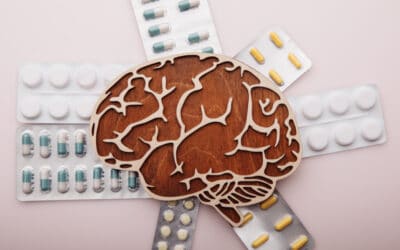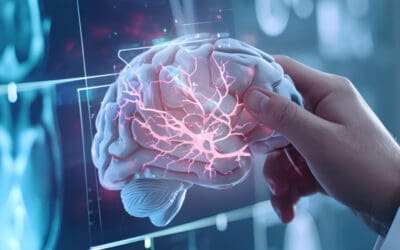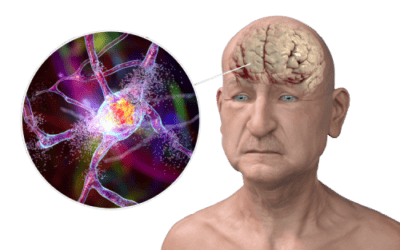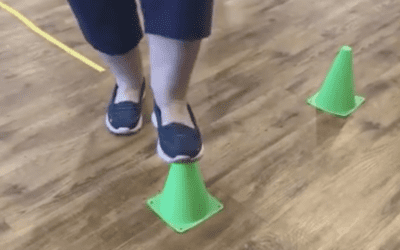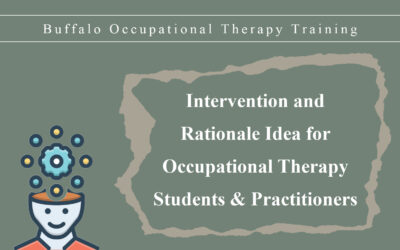
Brain Fog
Brain fog feels like your brain is running through mud—it’s harder to think clearly, focus, or even find the right words in conversations. You might feel forgetful, struggle to concentrate, or take longer to process information. It’s not a medical term but a way to...
Alzheimer’s Disease Medications for Memory
Recent advancements in Alzheimer’s treatment have led to FDA approval of several new medications for Alzheimer’s Disease and mild cognitive impairment (MCI). These developments are the result of rigorous research and clinical trials aimed at improving the quality of life for those affected by these conditions. The newly approved medications offer hope for better management of symptoms and potentially slowing the progression of cognitive decline.
One of the key focuses of recent research has been on targeting the underlying mechanisms of Alzheimer’s, such as amyloid plaques and tau tangles. These innovative approaches have shown promise in clinical trials, leading to the approval of drugs that can more effectively address these core issues. Additionally, advancements in diagnostic tools have enabled earlier and more accurate detection of Alzheimer’s and MCI, allowing for timely intervention with these new treatments.
For healthcare professionals, caregivers, and patients, staying informed about these advancements is crucial. Our latest blog article provides a look at these new medications, their mechanisms of action, and the potential impact on patient care.
The Neurological Therapist – Interview your therapist
One crucial aspect of our practice is understanding the nuances between different treatment modalities and knowing when to apply each one effectively.
Understanding the Difference: Therapeutic Exercise, Therapeutic Activity, and Neuromuscular Re-education in Occupational Therapy
One crucial aspect of our practice is understanding the nuances between different treatment modalities and knowing when to apply each one effectively.
Stages of Alzheimer’s Disease
Alzheimer’s disease progresses through several stages, each presenting its own set of challenges for both the individual and their loved ones. In the early stages, memory lapses and difficulty with familiar tasks may be subtle, but as the disease advances, symptoms become more pronounced. In the middle stages, confusion and disorientation become more frequent, and individuals may require assistance with daily activities. Finally, in the late stages, communication becomes extremely limited, and round-the-clock care is often necessary. Understanding these stages can help families better navigate the journey of Alzheimer’s, providing support and planning for the road ahead.
Warning Signs of Dementia
It is difficult to tell the difference between memory loss in normal aging and warning signs of dementia, but there are several common findings that may serve as a warning sign that something deeper may be happening than normal aging.
Early Signs of Dementia in Women
“Memory is the treasure house of the mind wherein the monuments thereof are kept and preserved”. Thomas Fuller Early signs of dementia in women:Early: This refers to the beginning stages or the initial phase of something. In the context of "early signs of dementia,"...
Step, Tap, Align Group | Occupational Therapy Intervention
Group Therapy InterventionOccupational Therapy Intervention : Group TherapyDocumentation and Activity Rationale The patient engaged in a dual-tasking activity with an emphasis on visual memory and recall. The task required the patient to receive a 3-part image at...
One Leg Stance and Cross Midline Tap Group | Occupational Therapy Intervention
Group Therapy Intervention - Balance Occupational Therapy Intervention : Group Therapy InterventionDocumentation and Activity Rationale The patient engaged in LE dynamic balance activity designed to promote neuronal excitation, brain plasticity, interhemispheric...
Wrist Flexion and Extension| Occupational Therapy Intervention
Wrist Flexion and Extention: Forearm StrengtheningOccupational Therapy Intervention : Wrist Flexion and ExtensionDocumentation and Activity Rationale The patient engaged in a wrist AROM against resistance provided by a 2lb weighted ball. The exercise sequence elicited...
